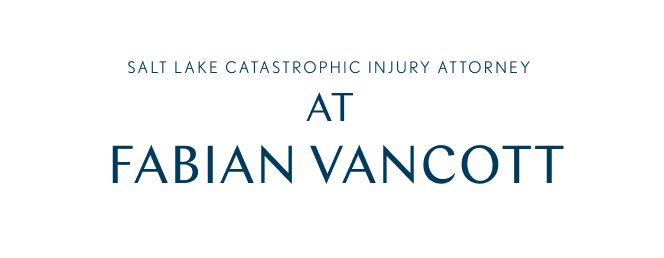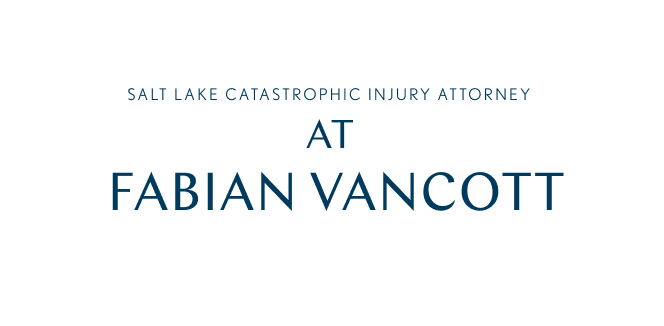“Hey Frank, I was hoping to get your insight on an issue that, at least in our firm, is handled surprisingly inconsistently. It pertains to signing interrogatories. At some point, I think around 2010, Utah Rule 33 removed the reference in the rule to “signature” that remains in FRCP 33. Specifically, this section: “Signature. The person who makes the answers must sign them, and the attorney who objects must sign any objections.” A lot of people much smarter than I interpreted this to mean clients no longer needed to sign answers to Interrogs. Another portion of our firm says they still do because of the following provision in Rule 33, which was not changed after the prior section referencing “signature” was removed. It reads as follows: “(b) . . . . Each interrogatory shall be answered separately and fully in writing under oath or affirmation, unless it is objected to.” I reviewed the minutes from many years’ worth of prior committee meetings and can’t find any reference to this issue. I, and many others in the firm, would value your thoughts on this.”
I can’t speak for the rules committee, although I was a member at the time of this amendment, but my own view is that no change was intended other than removing seemingly-redundant language.
Keep in mind that the “oath” referred to means an affirmation that the statements are true and correct under penalty of perjury—one obviously cannot make such an oath without personal knowledge. For example, here’s the unsworn declaration statute:
78B-5-705. Unsworn declaration in lieu of affidavit. (1) If the Utah Rules of Criminal Procedure, Civil Procedure, or Evidence require or permit a written declaration upon oath, an individual may, with like force and effect, provide an unsworn written declaration, subscribed and dated under penalty of this section, in substantially the following form: “I declare (or certify, verify, or state) under criminal penalty of the State of Utah that the foregoing is true and correct. Executed on (date). (Signature)”
Or see the similar definition of a jurat (affirmation under oath) in the Notary Public Act. U.C.A. Sec. 46-1-2.
Sometimes inexperienced people will confuse an oath or affirmation (jurat) with an acknowledgement, which simply affirms that the signer is who he says he is. That is NOT the “oath” that the rule requires.
IMHO, the rules require a signature under oath to interrogatories, and that necessarily means a party with personal knowledge of the facts. Again, I suppose an attorney could sign, for example on contention interrogatories—but why would you want to? You would then be subject to cross exam in deposition or at trial based on your interrogatory answers.
If you allow opponents to have interrogatories signed by their counsel, you are losing a tool for trial impeachment as well. Example: You ask a plaintiff in interrogatories, “State the name of all physicians you have seen in the last five years.” The answer says “Nobody.” Rank Biftek, plaintiff’s counsel, signs the interrogatory answers. Then you find out in fact plaintiff has seen a slug of doctors.
What do you do with that at trial? Call plaintiff? The likely cross is “I didn’t say that– my lawyer did. And he had it wrong.” Call Rank Biftek to be cross examined on the false interrogatory answer? He will testify something like this, “I was only relaying what my client told me, and we found out later that he misunderstood the question.” Your potential cross exam on this will be a fluffer-nutter. So tactically I always felt it was unacceptable to allow an opposing counsel to sign interrogatory answers. Maybe so on “contention interrogatories,” but even then . . .
You might want to check out Villareal v. El Chile, Inc., 266 F.R.D. 207 (N.D. Ill. 2010). It is under the federal rules, granted, but it does address some of the issues with attorneys signing answers. I am sure there are lots of other reported decisions to be found out there.
Whenever a rule is changed or “clarified,” there’s the risk of unintended consequences, and lawyers reading too much into language that was removed. Our rules committee has a “Frequently Asked Questions” page that is designed to give lawyers a chance to ask about this sort of uncertainty. I am going to do so, and I look forward to seeing if the committee agrees with me. And I’d be happy to hear from any of you with differing opinions.


